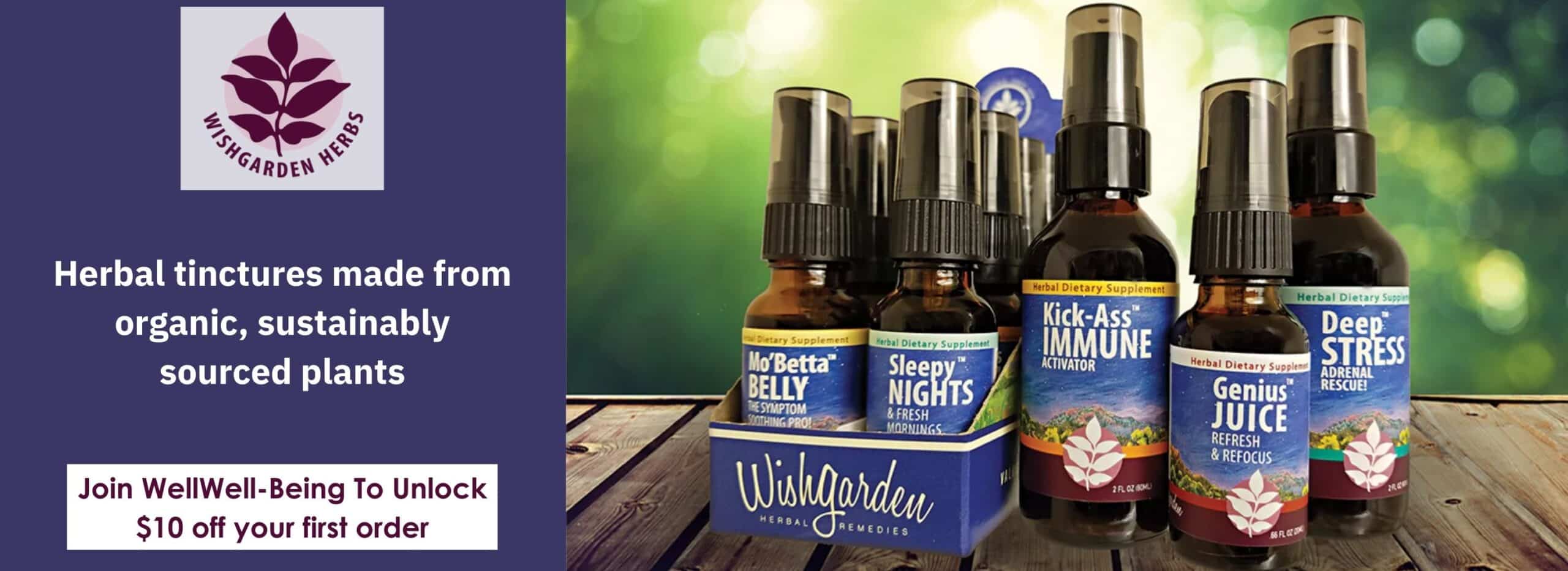By Bob Sterner –
No one is arguing that vegan is not hot. More than 6.5 million Americans claim to be vegans, WebMD.com reports.
The Vegan Society went further in pronouncing the practice’s popularity when it noted that Google searches for “vegan food near me” soared more than 5,000 percent from 2020 to 2021 and that investments in plant-based alternative businesses jumped to $3.1 billion in 2020, three times more than in any previous year.
Ethical and environmental issues aside, there is a lot of health-related support for a diet based solely on plant-based foods, which means no meat, seafood, milk or eggs. Bees produce honey, so that is a no-go. AARP, the organization for retired people, notes that the diet can lower cholesterol, blood sugar, blood pressure and weight. Healthline.com, among others, notes the practice supports better heart and kidney function while lowering cancer rates and arthritis issues.
So, if someone can forego a juicy bacon cheeseburger, a vegan diet offers a lot of positives. There is a catch, however—isn’t there always. Giving up protein-rich animal products with their concentrations of essential vitamins and nutrients requires a replacement for what’s lost. Gravitating to vegetables is essential.
Meats are rich in protein and essential for healthy skin, bones, muscles and organs, but WebMD notes that substituting with plant protein found in soy, whole grains, legumes, nuts and seeds is okay. However, some vitamins and nutrients found primarily in animal products—such as calcium, iron, iodine, omega-3 fatty acids, zinc and vitamins B12 and D—are trickier to get by eating only plants.
Vegans are at particular risk of not getting enough vitamin B12, which helps cell formation. A B12 deficiency can lead to anemia, nervous system damage, and dementia. The answer for vegans is to focus on B12-rich foods such as unwashed organic vegetables, produce, fresh mushrooms, nori, chlorella and nutritional yeast, according to Healthline.com.
Vitamin D, in turn, is important because it influences immune system function, mood, memory and muscle recovery. Fortunately, it is easy to produce because a person’s skin makes it when exposed to sunlight. Diet aside, most people can get enough by spending 15 minutes outdoors on a bright day without wearing sunscreen.
Calcium leads to strong bones and healthy teeth. It is in plant sources such as bok choy, kale, greens, broccoli and chickpeas. Meats, in turn, deliver iron, a nutrient needed for red blood cells. Cruciferous vegetables, beans, peas, dried fruits, nuts and seeds can help iron absorb into the body. Iodine is crucial for thyroid function and a healthy metabolism, and it is in iodized salt and seaweed. Beyond this, whole grains, wheat germ, and bread made with sprouted grains, legumes, nuts, and seeds can help provide the zinc a body requires to repair cells.
What about those Omega-3 fatty acids – found in fatty fish? They play of critical role in brain and eye function. Vegans can get them by eating flax, chia and hemp seeds, nuts, soybeans and dressing salads with algae oil.













